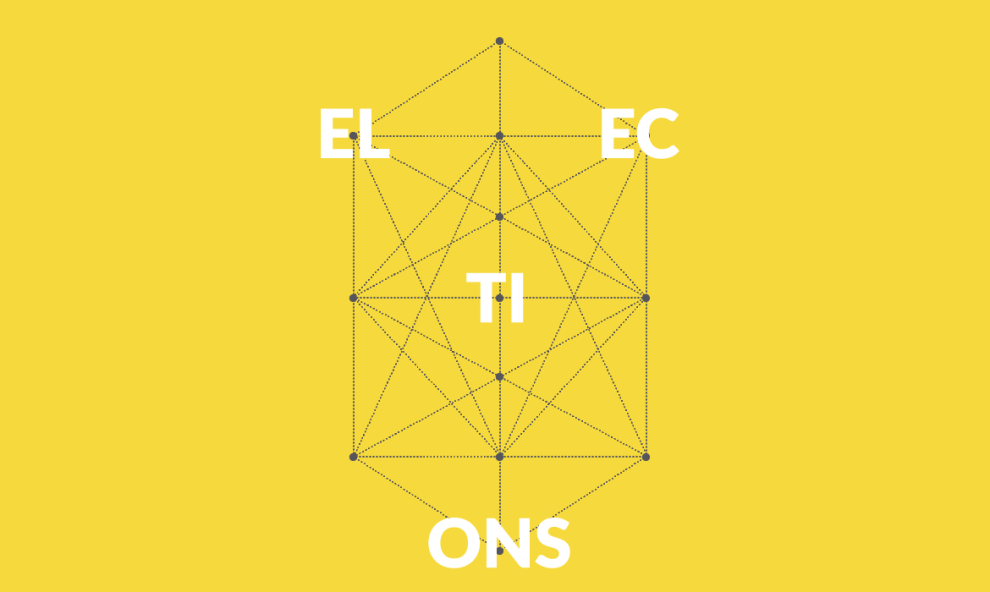There’s nothing more dangerous than a fetish, a superstitious cult venerated as an idol. Like all myths, the reelection of legislators contains a hearty dose of fable, imagination and reality. In an ideal context, reelection can transform political relations, creating new forms of interaction, thus novel logics in making decisions. Well-conceived and structured, the reelection of legislators could constitute the factotum of an effective system of checks and balances for the Mexican political system. The problem is that the opposite is also true: ill conceived, reelection can become a nightmare, a new source of confrontation or even worse, everything would stay the same.
In his book, Orthodoxy, G.K. Chesterton wrote that “When a religious scheme is shattered it is not merely the vices that are let loose. The vices are, indeed, let loose and they wander and do damage. But the virtues are let loose also; and the virtues wander more wildly, and the virtues do more terrible damage”. Reelection of legislators is an instrument, not an end in itself and, as such, can be a virtue or a vice: it depends on how it’s structured. The crux lies in understanding that either of the two scenarios is possible but that not both are benign.
In a perfect world, the reelection of legislators would aid to situating them closer to the voters, obliging them to see to their preferences in a direct manner and with a cost involved in not doing so. The idea behind reelection is that members of the congress or senators who want to remain in their posts permanently (or as long as term limits proposed in the bill allow), will do whatever possible to tend to the needs or claims of their constituents with the aim of gaining their loyalty and, of course, their vote. That is, it establishes a link that doesn’t begin and end, like it does now, during the campaign period, but one that becomes permanent.
In all political systems, as in life, individuals act according to what is in their best interest. In this lies the essence of reelection: it is about a mechanism designed to align the interests of legislators with those of the citizenry, under the supposition that the former will court the latter in their daily comings and goings as if they depend on them to keep their job. Under this logic, in a political system where reelection does not exist, legislators naturally act under a criterion strongly determined by their party’s interest, because on this depends the legislator’s career just as, in former times, in the PRIist era, this depended on the President. Contrariwise, in an electoral system in which reelection does exist, legislators train their artillery on what concerns the citizenry: there’s nothing esoteric in this matter. But who wins and loses is obvious in every case.
The reticence is evident of the parties and of the Presidency in terms of adopting reelection as a mechanism for the construction of checks and balances in the political system. With the rationale of the proprietor, the party leaders as well as the President could wind up losing a fundamental prerogative (a major source of political control) on approving the reelection of legislators. Reelection could open up, at least potentially, a new political era. But the result that its proponents expect is not guaranteed.
There are two main arguments on the part of the detractors of reelection: first, that it impedes renovation of the political elite, in good measure because it confers enormous advantages on whomever already occupies a seat, diminishing the competitiveness of their potential opponents. And, second, that, given the peculiar hybrid that characterizes our legislative power where legislators elected by district coexist with other legislators elected (in a distinct manner in the Congress and in the Senate) by proportional representation, we could end up, for example, with senators who are the product of a first minority (that is, they lost the election) for up to twelve years, having never won a race. Both concerns have their own merits but their dynamic is nearly opposite.
Among the potential benefits of reelection, the two crucial ones are accessibility of the voter to his/her representative and the professionalization of the legislative function. From my point of view, both surpass the cost of lesser mobility in the legislature, particularly in given the ever growing complexity that body has to deal with.
The real imbroglio resides in the coexistence of the two types of legislators (direct and proportional representation) and that is no minor affair. Simply stated, reelection is incompatible with the existence of that hybrid: for it to function, one of the two election procedures would have to disappear. It would be equally bad –and defeat the purpose- if the political parties reserve themselves the right to vet who can run for reelection. Each person will have their preferences, but on not resolving these matters, reelection would turn out to be a disaster.
There are various angles that should be considered before forging ahead, hit-or-miss, toward a worse result than that already in existence: first, reelection works only when there is one legislator per district; the legislator can be elected directly or proportionally, but if that legislator-district link is not there, the reelection will have no benefit whatsoever. Second, historically, many of our best legislators have been elected by proportional representation and, probably, many of them would not be able to win a direct election. That is to say, in some scenarios, we could end up with a legislative branch that is much worse in quality independently of the potential legislator-citizen proximity. Although it seems impossible, a scenario is conceivable in which legislators enjoy even lower prestige. Finally, on eliminating proportional representation (or its equivalent in the Senate), some parties would diminish in representation. That wouldn’t necessarily be bad (doubtlessly reducing some of the rampant corruption), but it would imply difficult decisions, those that politicians always shy away from. Redistricting the country, perhaps increasing the number of seats of direct representation instead of those by proportional representation could mitigate the cost.
In contrast with the complexity inherent in the legislative system, reelection of municipal presidents would require no more than a political decision: the potential benefits are clear and the risks relatively minor. This said, reelection cannot be seen as an idea: it pertains to a political instrument whose objective it is to fortify the checks and balances in a society, a crucial step for the institutionalization of power. For reelection to have the desired effect, it has be conceived within the context of its risks and complexities, not as a sure bet, one of those so frequent in Mexico and that nearly always end up unsuccessful, if not perilous. Miracles do not exist.
The Illusion of the Reelection






Comments